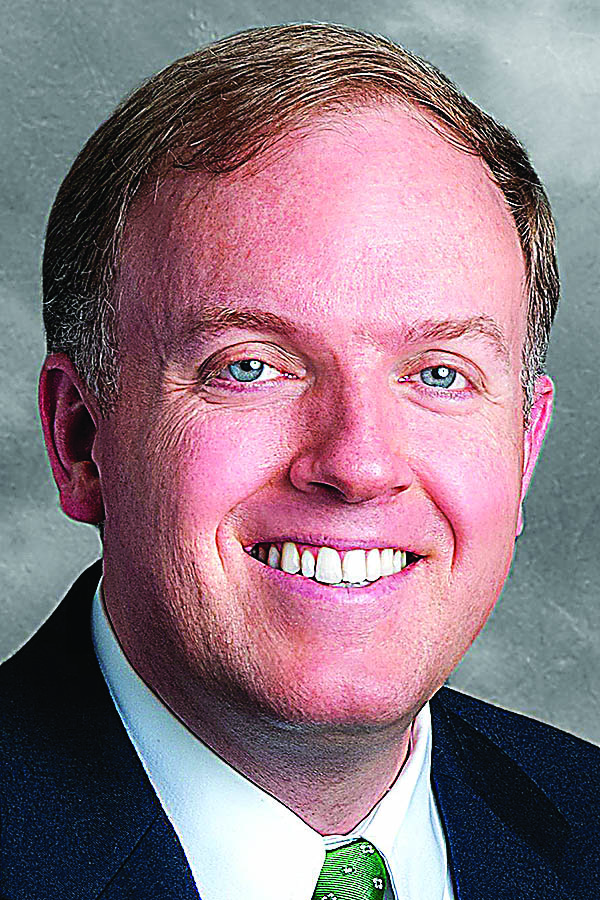As heroin ravages New York region, police scour overdose scenes for crime evidence
Published 6:28 pm Friday, September 15, 2017

- Heroin
ALBANY — Police and prosecutors say they are digging hard for evidence following fatal drug overdoses in order to hold narcotics dealers accountable for the trail of deaths they are leaving across upstate New York.
But there are impediments to such prosecutions in state courts, and so there are more efforts to get such cases into federal court when clear evidence connects the drug that caused the overdose to a specific supplier.
The option of going to federal court with such cases has prompted police to treat their responses to overdose fatalities similarly to how they would approach a homicide scene.
“When you respond to something like that, your first objective is to save the life of the person,” said Niagara County Assistant District Attorney Peter Wydysh, the chief of narcotics prosecutions for his county. “That takes precedence over everything. But then you also hope that the officers are preserving any evidence they may find there.”
A trove of evidence amassed by Saratoga Springs Police Department investigators prompted admitted heroin addict Matthew Charo, 35, of Saratoga to plead guilty in federal court in Albany last month to distributing heroin. That charge was brought after Katie Lynn Scheidt, 30, the daughter of a retired state trooper, succumbed to acute heroin intoxication in October 2014.
Video captured hours before the overdose showed Scheidt and Charo traveling together from Saratoga to Schenectady, then back to Saratoga. Other records showed that Charo’s phone was used to check the balance on Scheidt’s food stamp card that day.
As the result of a plea agreement, Charo will be eligible for a prison sentence of up to 10 years when he goes before a federal judge in December.
“We’re treating almost everything (related to overdoses) as if it’s a crime scene now,” said Saratoga Springs Lt. Robert Jillson. “Until you start getting into it, you have to see what’s there. With the heroin and now with the fentanyl and other hybrids and synthetics, you’re running into this more often.”
Federal officials reported this month that drug overdoses have become the leading cause of death for Americans younger than 50, with nearly 64,000 lives taken across the country from illegal and prescription drugs in 2016.
Clinton County District Attorney Andrew Wylie said such cases can be challenging because the deaths often involve people who inject themselves with drugs, and it may not be clear if the dealer knew the heroin they supplied was laced with fentanyl or other dangerous additives.
“Because of the severity of this type of crime, we’re looking more at this situation for potential prosecution,” said Wylie, noting federal prosecutors are evaluating two such cases from Clinton County. He declined to discuss the specifics of those matters, citing the fact that reviews are continuing.
Wylie said he could support amending the state Penal Law to include a provision that would allow for narcotics suppliers to be prosecuted for deaths resulting from overdoes if the legislation were “drafted properly and effectively.”
The federal law allows for suppliers to be charged with “distribution of drugs resulting in deaths.”
In Albany, for the past two years, the GOP-led Senate has supported a measure called Laree’s Law that would create a similar provision in the state codes, but it has been bottled up in the Democratic-controlled Assembly.
Laree’s Law, said Sen. Betty Little, R-Queensbury, who supports the measure, “targets the source of the problem, the dealers.”
“Helping addicts recover rather than simply prosecuting them is a good strategy,” said Little, adding: “Holding drug dealers accountable, especially when the drugs they are pushing result in a death, makes sense.”
When investigators delve into fatal overdoses, suggested one veteran treatment professional, Julie Dostal, director of the LEAF program in Oneonta, the cases should be sorted out to determine if the supplier was an addict simply feeding his own habit by making small-time sales or a trafficker out to line his pockets without regard to the consequences to others.
“If a person sells because it’s their business, I absolutely do think they ought to be held liable,” Dostal said. “If a person who is supporting their own addiction sells a drug that inadvertently harms a person, then i think they should be offered every opportunity for rehabilitation before they are charged with murder or manslaughter.”
An advocacy group that has consistently opposed the nation’s “war on drugs,” the Drug Policy Alliance, came out last year against the prosecution of suppliers in connection with overdoses, arguing there is no evidence that such a strategy reduces deaths from addiction.
The alliance argues that more focus should be placed on education for young people as well as improving the response to overdoses through training and expanding access to Narcan, which can be used to reverse an overdose for those who ingested heroin.
But Wydysh said police and prosecutors are on the right path by seeking justice, when possible, after a person has perished from an overdose.
“There is nothing more important that we do as prosecutors than homicide cases,” he said. “We want to comfort the family, and we want to stop the people who are doing this (dealing dangerous drugs), and we want to deter others from doing it. It’s very important to show the families that we care and we want to do as much as we can for them.”
Joe Mahoney covers the New York statehouse for CNHI’s newspapers and websites. Reach him at jmahoney@cnhi.com





